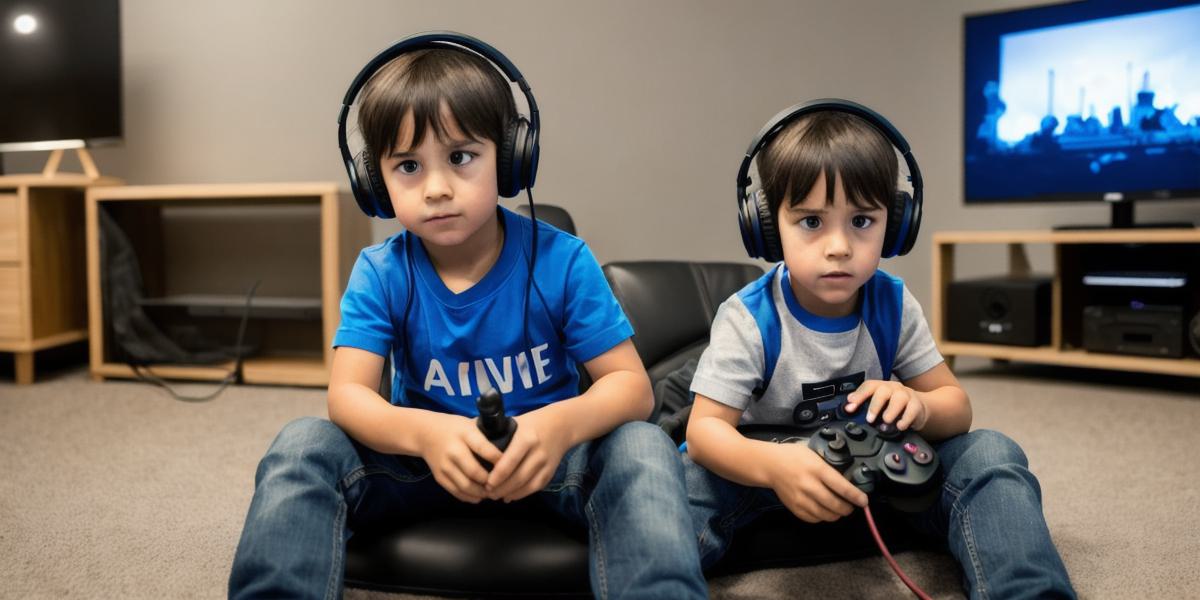Introduction:
In today’s digital age, gaming has become an integral part of our lives, with children often playing games that are intended for adults. However, the question arises whether it is legal for a child to play an 18+ game. This article aims to explore the laws governing gaming and parental responsibility in relation to children’s access to such games.
The Law:
In most countries, the sale and distribution of video games are regulated by age-based rating systems, which determine whether a game is suitable for a particular age group. The most common rating system used globally is the Entertainment Software Rating Board (ESRB), which assigns ratings from "E" (for everyone) to "Adults Only" (AO) based on the content of the game.
However, while these rating systems provide guidance for parents and retailers, they do not have legal authority. Laws governing gaming vary by country, with some imposing strict age-based restrictions and others taking a more relaxed approach. For example, in the United States, minors can purchase or rent video games rated ESRB-AO, but it is up to the parent to decide whether their child can play them. In contrast, in the UK, it is illegal for anyone under the age of 18 to purchase or rent a game rated "18" or higher.
Parental Responsibility:
The legal framework governing gaming highlights the importance of parental responsibility in regulating children’s access to adult-rated games. Parents have a legal and moral obligation to ensure that their children are exposed to age-appropriate content. This includes limiting their children’s exposure to violent or explicit content, as well as monitoring their gaming habits to prevent addiction or other negative effects.
Case Study:
A recent study found that children who played violent video games were more likely to exhibit aggressive behavior, such as bullying and fighting in school. The study also found that parents who did not monitor their children’s gaming habits reported higher levels of aggression in their children. This highlights the importance of parental responsibility in regulating children’s access to adult-rated games.
Expert Opinions:
Experts in child psychology and video game studies agree that while age-based rating systems can provide guidance for parents, they are not a foolproof solution. Parents must remain vigilant and monitor their children’s gaming habits to ensure that they are playing age-appropriate content. Furthermore, experts recommend limiting the amount of time children spend on video games and encouraging other forms of physical activity and social interaction.
Summary:
In conclusion, while there is no clear legal answer to the question of whether it is legal for a child to play an 18+ game, parental responsibility remains the key factor in regulating children’s access to such content. Parents must monitor their children’s gaming habits and limit their exposure to violent or explicit content to ensure their safety and well-being.



